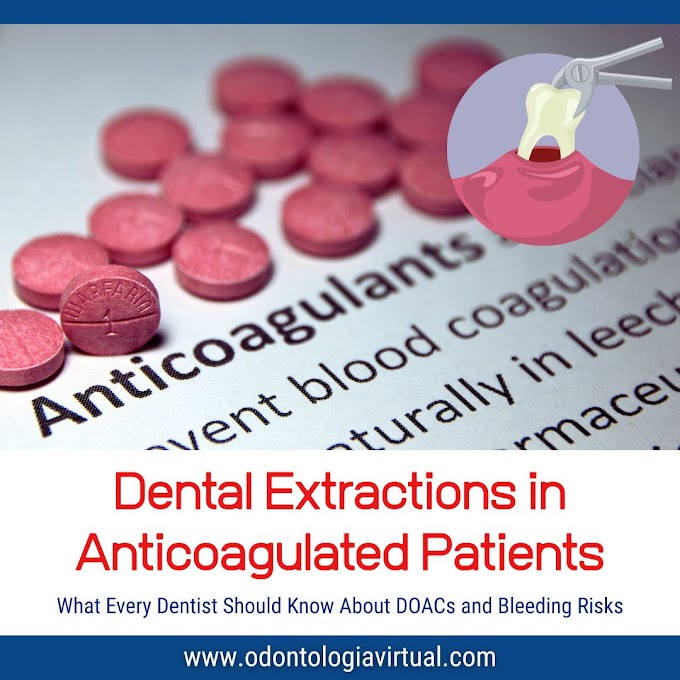Periodontitis is a widespread health issue that requires effective prevention and management due to its increasing prevalence and impact on systemic health.
The chronic inflammation associated with periodontitis also worsens conditions like diabetes and cardiovascular diseases.
Treatment approaches have evolved in response, incorporating local and systemic antimicrobials as adjuncts to traditional mechanical debridement.
This literature review explores the role of antimicrobials in periodontal therapy, examining the efficacy of systemic and local options as adjuncts to mechanical debridement.
Findings suggest that systemic antimicrobials, especially amoxicillinmetronidazole combinations, benefit aggressive periodontitis cases; their use should be limited to specific, severe cases to mitigate antimicrobial resistance risks.
► DENTAL BOOK: Little and Falace's Dental Management of the Medically Compromised Patient – 10th Edition (2023)
Local antimicrobials provide a more targeted treatment option with reduced systemic side effects, which is particularly useful in managing localized infections.
Adjunctive local antimicrobials with scaling and root planning (SRP) significantly reduced probing pocket depths (PPDs) and improved clinical attachment levels (CALs) in periodontal treatment with minimal adverse effects.
Tetracycline fibers, minocycline, and doxycycline were most effective in PPD reduction, while chlorhexidine showed the greatest CAL gains.
Further research is essential to establish clear guidelines and long-term outcomes in antimicrobial use for periodontal disease management.













